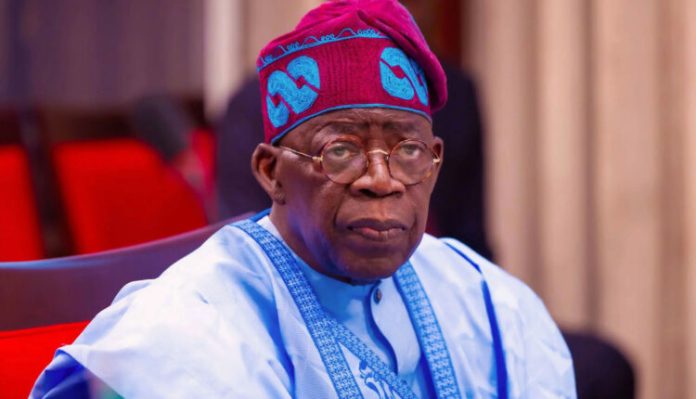The Association of Nigerian Professionals in Europe (ANPE) has called on President Bola Tinubu to investigate the alleged importation of adulterated petrol into the country, citing concerns over the potential economic and environmental impacts.
Recently, there have been reports suggesting that some petrol marketers are bringing in substandard fuel into Nigeria. On November 3, Dangote Petroleum Refinery accused oil marketers selling petrol below its price of importing poor-quality products. This came after claims that Dangote’s petrol was priced higher than imported fuel.
On November 7, the Nigerian National Petroleum Corporation (NNPC) Limited denied allegations that adulterated petrol was sold at one of its retail outlets in Keffi, Nasarawa State.
In a statement on Wednesday, ANPE president Solomon Ola expressed alarm over the issue and urged President Tinubu to take immediate action to investigate the claims, warning that the importation of tainted fuel could severely harm the Nigerian economy.
Ola stated, “The importation of substandard petrol into Nigeria could have significant diplomatic repercussions, especially considering the sanctions imposed by the Price Cap Coalition—comprising the EU, the US, G7 countries, and Australia—on Russian-sourced crude and petroleum products.”
The association also raised concerns about the quality of the products being retailed in Nigeria, with experts labeling them as “fake fuel.” They warned that the continued importation of such products, despite experts’ warnings, puts Nigerian consumers at risk of vehicle and equipment damage, as well as health hazards due to environmental pollution.
“The dumping of adulterated petrol in Nigeria, particularly from European countries, is alarming. These products are harmful not only to the economy but also to the environment, as the fumes contribute to public health issues,” Ola said, highlighting the additional strain this could place on Nigeria’s already stretched public finances.
The ANPE also criticized the high cost of imported petrol compared to cheaper and higher-quality alternatives available locally. They pointed out the absurdity of relying on foreign imports when Nigeria’s domestic refineries could provide more affordable and better-quality fuel.
The group urged the Nigerian government to stop the influx of substandard products, emphasizing that such petrol would not be accepted in other African countries and should not be allowed in Nigeria either.
“The collaboration of European firms and their local partners is putting profit ahead of the welfare of Nigerian citizens, and it is time for this to stop,” Ola concluded.



